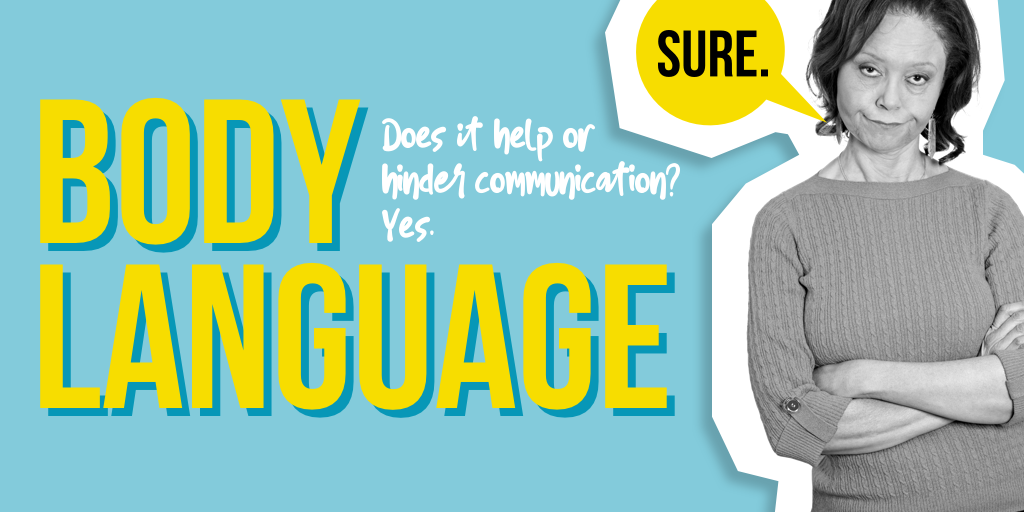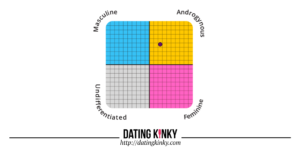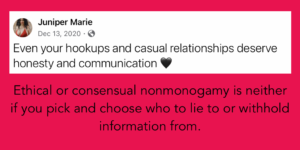Eye rolling is one of the nonverbal signs that is pretty much always aggressive.
— Steve Watts
Well, there’s a simple answer for this.
It helps—a lot.
It hinders—a lot.
And it often doesn’t matter at all.
LOL!
That work for you?
No?
Well, I guess I’ll have to clarify.
Body language helps communication.
When your body language and your words are congruent, you make a more powerful statement.
Some cultures rely on body language to modify (even totally change) the words they speak.
The Japanese have an arsenal of non-verbal cues they use in communication. For example, someone tilts their head while sucking air in between their teeth. This is their way of signaling that they have something difficult they want you to know, but they can’t come right out and say it. And no matter what they say next, it’s not what they really mean.
Which can help, when you know that aspect of the communicator’s culture. And when you don’t…
Body language hinders communication.
When your body language and your words are congruent, you make a more powerful statement.
Here’s the thing: if your statement is not useful to your communication, making that statement even more powerfully is not going to be positive.
When your words and body language are conflicting, however, it will cause communication to falter.
Your partner might think you’re lying, or hiding the truth.
And your body language can be affected by many things:
- A slight frown because you have a mild headache.
- Your arms are crossed because you’re cold.
- You’ve had a stressful day, so you’re fidgety.
- Exhaustion is making it hard for you to focus.
Any or all of these things could be misinterpreted as disinterest, disingenuousness, dislike, or disdain, when they are simply products of your current physical state, and not of the conversation.
Which is why it’s important to give attention to your partner during conversations and also note when you’re feeling things that may leak out, so that you can correct them or perhaps put the conversation off until another time. At the very least, you could mention, “I’ve got a slight headache, so please bear with me. I want to have this conversation with you, and I may be a bit slower than usual.”
Body language doesn’t matter at all.
In today’s world, much of our communication happens in ways where body language doesn’t apply.
- In text messages
- In chat
- By phone
- In this article I’m writing for you
We have no way of knowing what is happening physically on the other side of the electronics, or on the world-side of the page.
You don’t know if I’m smiling and enthusiastic, or sober and serious, except through the pixels or print of words on a page.
Which is why humans have created ways to share our physical expressions through text, like emojis, which allow us to convey our meanings in more casual situations with more emotion than we might have in only words.
What are your thoughts?
We generally think of body language as helpful. After all, nonverbal clues make up a big part of communication, so says science.
When has body language gone wrong for you? Either reading it or displaying it?
—
This is an excerpt from Understand Me Now! (And that’s an order!), the book I wrote on communication for relationships, including ethical non-monogamy, kink, and BDSM.








